En garde! French language faces substitution

French, one of two official languages of the Lausanne-based International Olympic Committee (IOC), enjoys a privileged position in international sporting organisations.
In practice, however, English has become essential. Ahead of the summit of French-speaking nations, held in Montreux in October, swissinfo.ch looks at whether this is welcome pragmatism or a regrettable lack of diversity.
Since the 2004 Olympic Games in Athens, a prominent French-speaker has been assigned to observe the role of French during the Olympic fortnights. The diagnosis is that, while not being absent from the events, French is almost exclusively a ceremonial language rather than one of communication and work.
Until now, only former Swiss cabinet minister Pascal Couchepin – who had the role during the Vancouver Winter Games in 2010 – has delivered a more optimistic message.
“These Games are a path to follow concerning linguistic diversity,” he said in February.
The authorities in Canada, which is officially bilingual, were anxious to ensure a visible linguistic diversity – even if some people considered it artificial.
Decline
However, Alexandre Wolff from the International Organisation of French-speakers (IOF) reckons the Vancouver Games were an exception in the recent history of international sport.
“Every measure – the expenses for interpreters and translators, the frequency of official or working languages – shows a decline of French and of other official languages in these organisations,” he said.
According to an IOF study from 2008, French was the official language of 68 per cent of the 85 sporting organisations and federations consulted.
However, having the status of official language is not always enough to ensure its use in everyday life. In recent decades English has gradually spread throughout all the big sporting organisations, most of which are based in Switzerland.
Touché!
Fencing is perhaps the most striking, as it were, example. French, the sport’s traditional language, can still be heard at fencing competitions around the world: “En garde! Prêts? Allez! Halte!”
“But like other sports, fencing is becoming increasingly international,” admits Frederic Pietruszka, president of the French Fencing Federation. “Certain people are exerting pressure for English to replace French. The danger is real.”
He points out that since the introduction of video assistance, the judges often communicate in English.
What’s more, with the nomination of Alisher Usmanov, a Russian, as president of the international federation, English is becoming the lingua franca of the executive committee.
Babel
Nevertheless, Pietruszka is adapting quite well to this evolution.
“It’s important to be able to communicate and nowadays English is the common language that facilitates this the most. Keeping an identity – fine. But the increase in the number of languages sometimes complicates things and the substance of the speech gets lost along the way,” he said.
Wolff agrees. “Contrary to what many people think, English doesn’t make communication easier. Using it systematically debases it and doesn’t benefit mutual comprehension. It’s especially a problem in meetings when a consensus is sought.”
To back this up, he cites the example of translators who have to rewrite really rough international English into academic English before it can be translated into other languages.
“It’s an absurd situation which impedes the running of international organisations, as we’ve seen at the United Nations,” Wolff said.
“Change is possible”
Pietruszka says it’s important for everyone to be able to express themselves in their own language.
“I can’t get across the same nuances in English as I can in French, especially in very technical areas. Simultaneous interpreting remains essential.”
It is in this direction that the IOF is working to move. At the Beijing Olympics in 2008 concrete assistance was provided regarding the education of interpreters and translators or for the broadcasting of information in French.
“Targeted elements let us think that change is possible,” said Wolff. “Political awareness has taken place.”
Cultural diversity
However, Pietruszka thinks that Russia, China or Latin America should also be able to defend their legitimate claims.
“I can understand why people were arguing in favour of French being a second official language at Vancouver – but in Beijing or Sochi [the Russian resort that will host the 2014 Winter Olympics] one could certainly come to agreement with Chinese or Russian,” he said.
But is the work of the IOF too exclusive and based on the unique desire to rehabilitate French to its former glory?
“We’re not fighting a rearguard battle,” assured Wolff. “If French one day disappeared from the Olympics, it wouldn’t be replaced by Spanish or Chinese. The presence of French at the Games guarantees the event’s cultural diversity.”
Nearly 50 international sport federations and organisations are currently based in Switzerland. The first to come was the International Olympic Committee (IOC) which has been in Lausanne since 1915.
Canton Vaud, of which Lausanne is the capital, is home to about 20. In addition to the IOC, they include the Court of Arbitration for Sport (CAS), Uefa, and the world bodies governing Gymnastics (FIG), cycling (UCI) and volleyball (FIVB).
Among the organisations based elsewhere in Switzerland are the governing bodies of football, FIFA (Zurich), basketball (Geneva), handball (Basel), ski (Oberhofen, canton Bern) and ice hockey (Zurich)
According to the Olympic Charter:
1.The official languages of the IOC are French and English.
2. At all Sessions, simultaneous interpretation must be provided into French, English, German, Spanish, Russian and Arabic.
3. In the case of divergence between the French and English texts of the Olympic Charter and any other IOC document, the French text shall prevail unless expressly provided otherwise in writing.
The summit will be held in Montreux from October 22-24, 2010.
At the end of the meeting heads of state and government representatives will adopt a declaration summarising the issues agreed upon and will elect the new IOF secretary-general.
Before the summit the Francophonie organisation will be present during various summer festivals in Switzerland: Montreux, Locarno, Lausanne, Zurich and Lucerne.
Twelve conferences on the state of French will be held in various universities in French-speaking Switzerland between June and October.
French-speaking artists from Haiti, Ivory Coast and France will play in five French-speaking cities and one German-speaking city during October.
From October 19-24 Montreux will host public conferences on the themes discussed by government delegates. From October 20-21 Lausanne will host a meeting of the International Association of French-speaking Mayors.
(Translated from French by Thomas Stephens)

In compliance with the JTI standards
More: SWI swissinfo.ch certified by the Journalism Trust Initiative
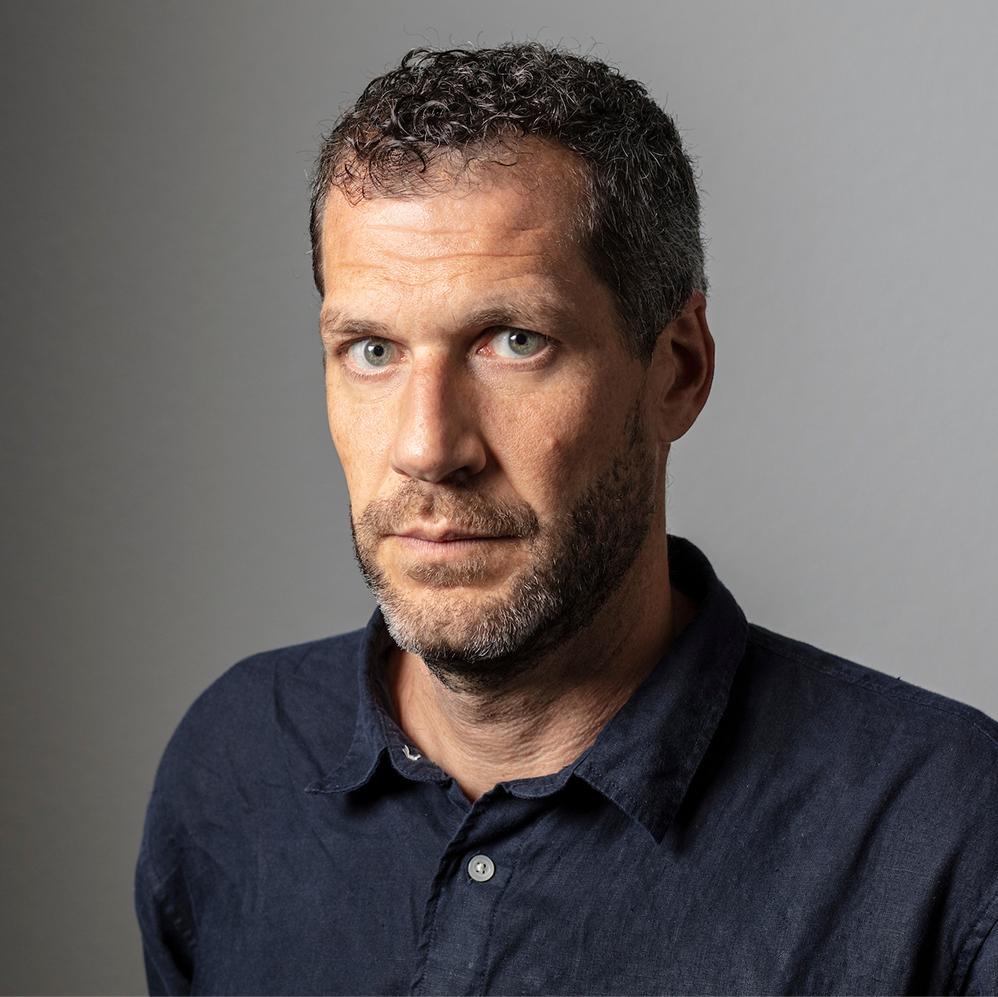
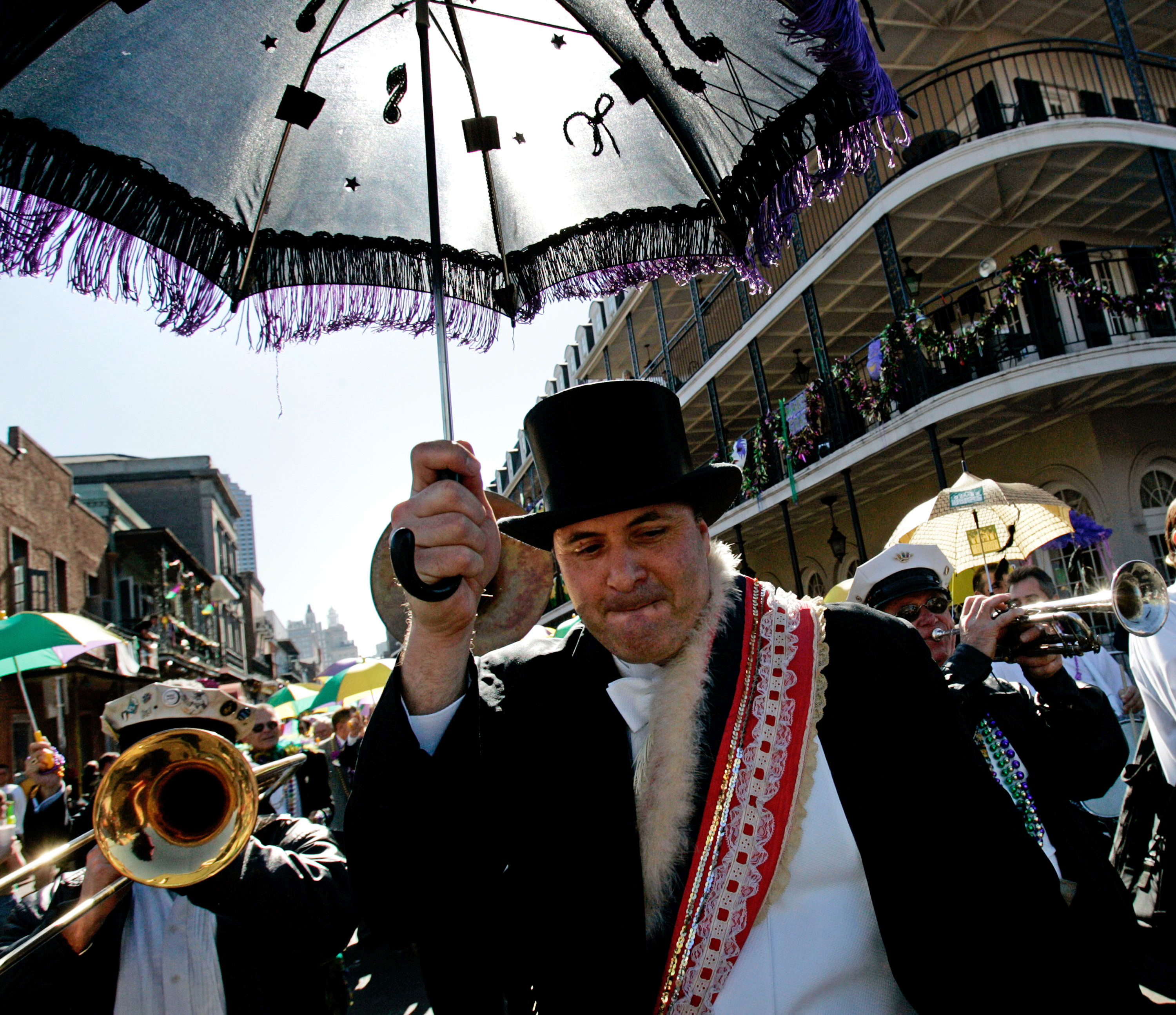
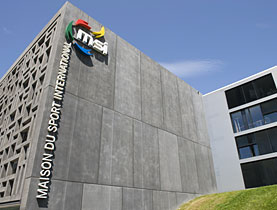
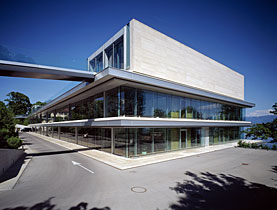
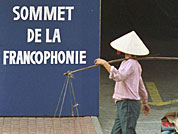
You can find an overview of ongoing debates with our journalists here. Please join us!
If you want to start a conversation about a topic raised in this article or want to report factual errors, email us at english@swissinfo.ch.